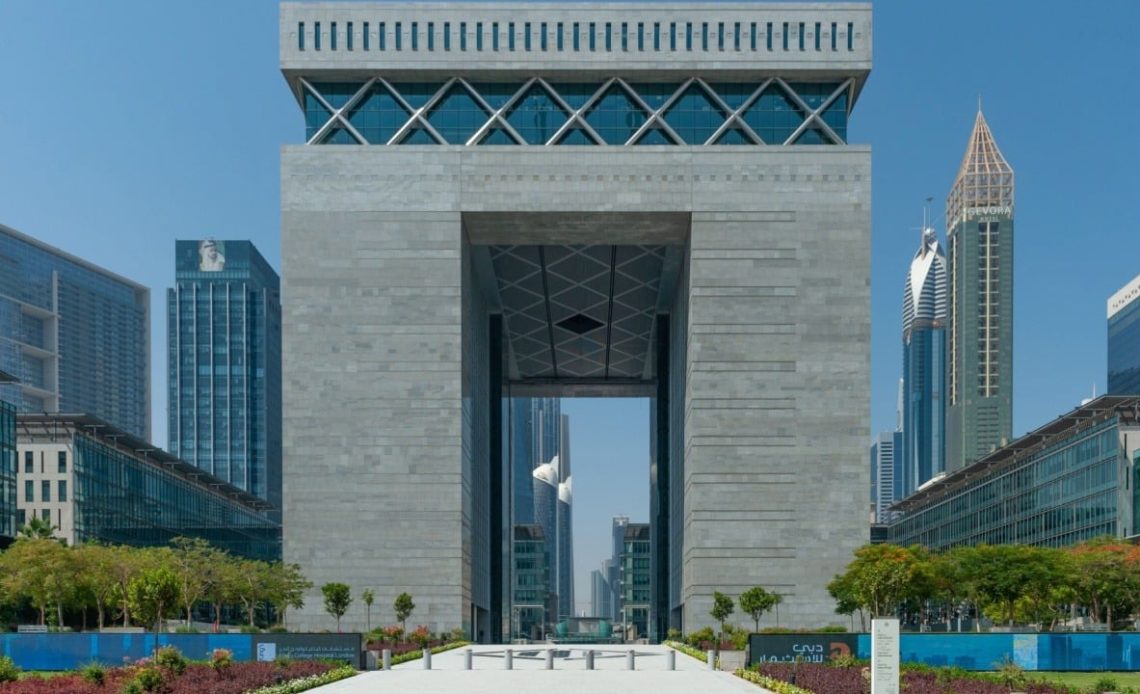
Ripple, a digital asset infrastructure provider, has received approval to expand its operations in Dubai. The Dubai Financial Services Authority (DFSA) granted Ripple “in-principle approval” to offer its services from the Dubai International Financial Centre. This will allow Ripple to provide seamless cross-border payment services in the United Arab Emirates and align with its goal of offering efficient payment solutions. The approval also strengthens Ripple’s global presence as a regulated entity.
Efficient Cross-Border Payment Solutions
Ripple, a digital asset infrastructure provider, announced on Oct. 1 that it had received “in-principle approval” to expand its services from the Dubai International Financial Centre (DIFC). The approval, granted by the Dubai Financial Services Authority (DFSA), strengthens Ripple’s global presence as a regulated entity.
It also paves the way for introducing seamless cross-border payment services in the United Arab Emirates (UAE). According to a press release, the DFSA’s approval will enable Ripple to offer its “enterprise-grade” digital asset infrastructure to a wider range of customers. By expanding its digital asset infrastructure, Ripple will align its goal of providing efficient cross-border payment solutions.
“Blockchain and crypto technologies are here to stay. With its forward-thinking regulatory approach and clear guidance for innovative businesses seeking to invest and scale, the UAE is positioning itself as a global leader in this new era of financial technology.”
Salmaan Jaffery, chief business development officer for the DIFC, said his organization was pleased with Ripple’s plan to expand its operations and its willingness to comply with the financial center’s rigorous legal and regulatory framework.
By obtaining DFSA approval, adds to the more than 55 licenses it holds worldwide. Reece Merrick, Ripple’s managing director for the Middle East and Africa, said more than 20% of the company’s global customer base is located in the UAE. Therefore, the expansion into the region addresses a “growing demand for more efficient and cost-effective cross-border payment solutions.”
Source: Bitcoin



